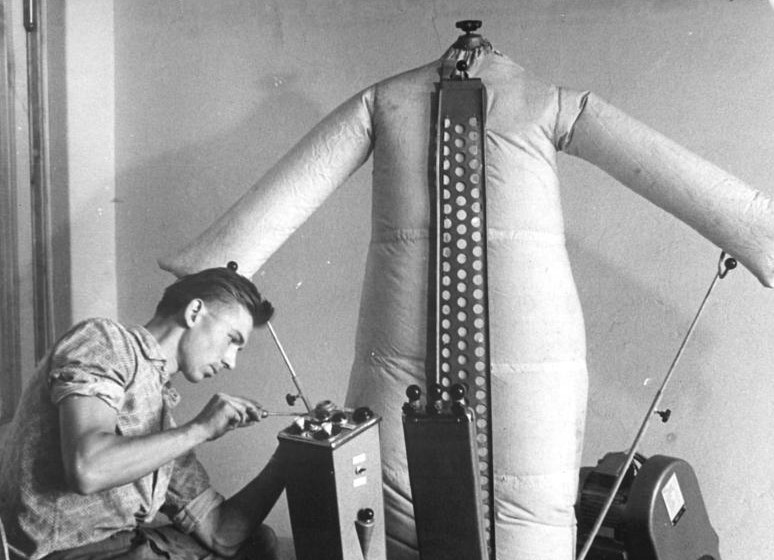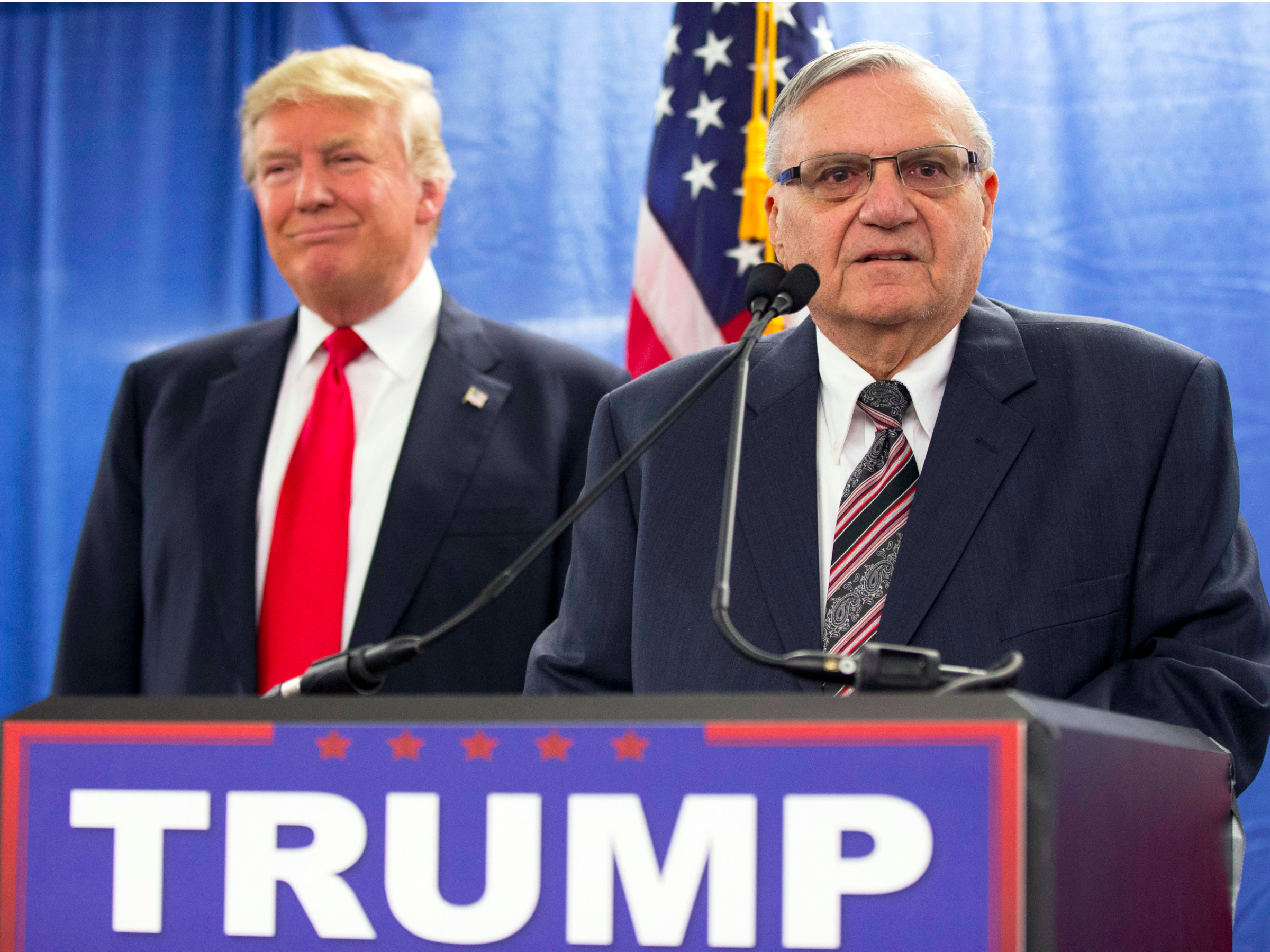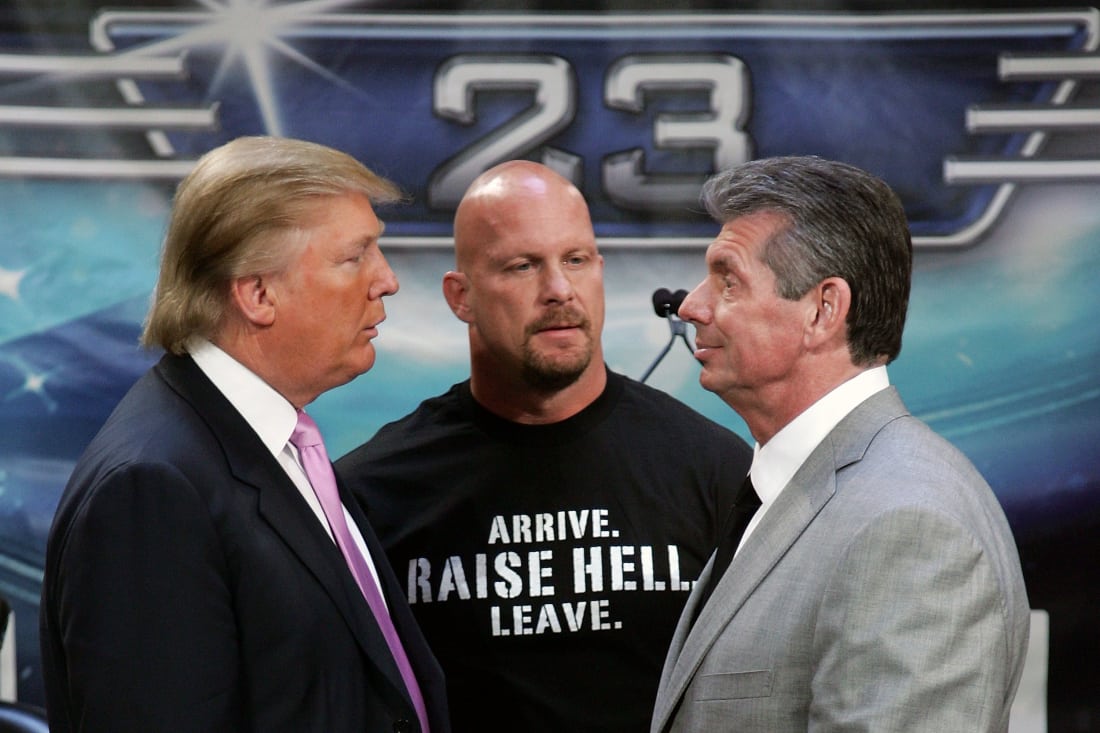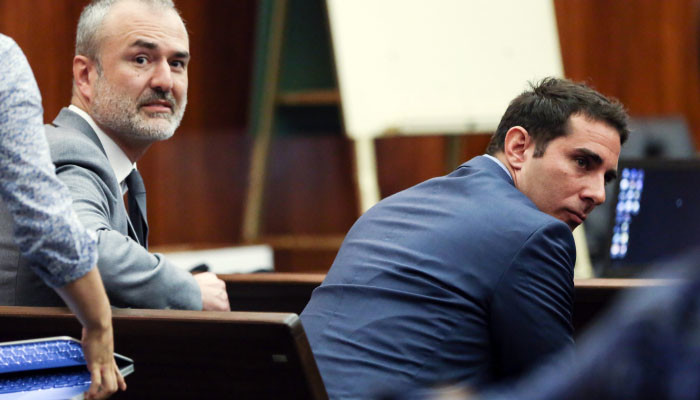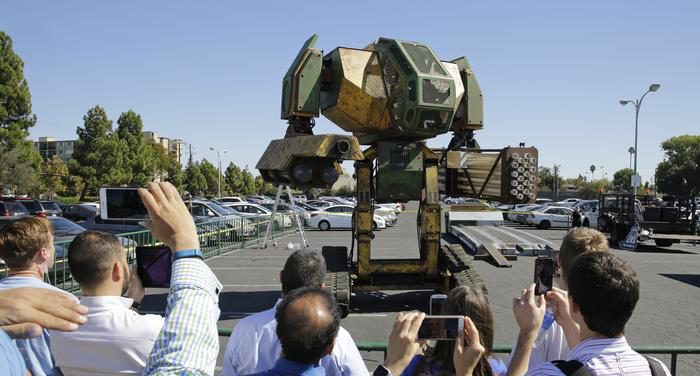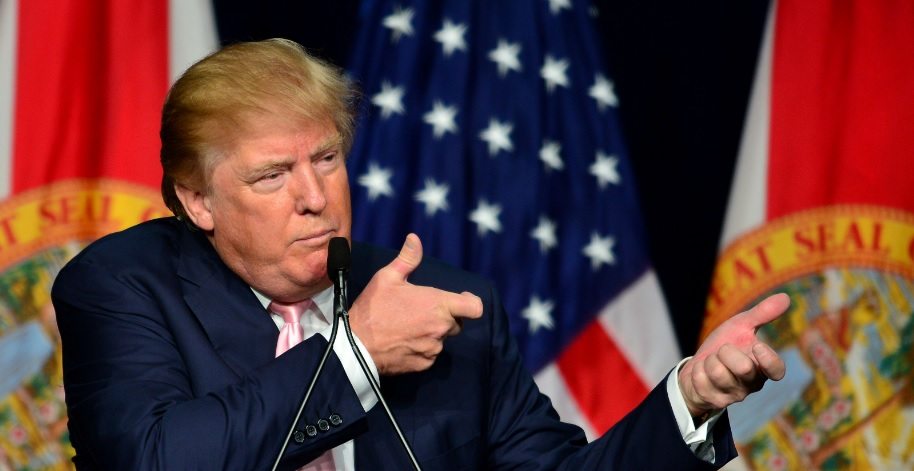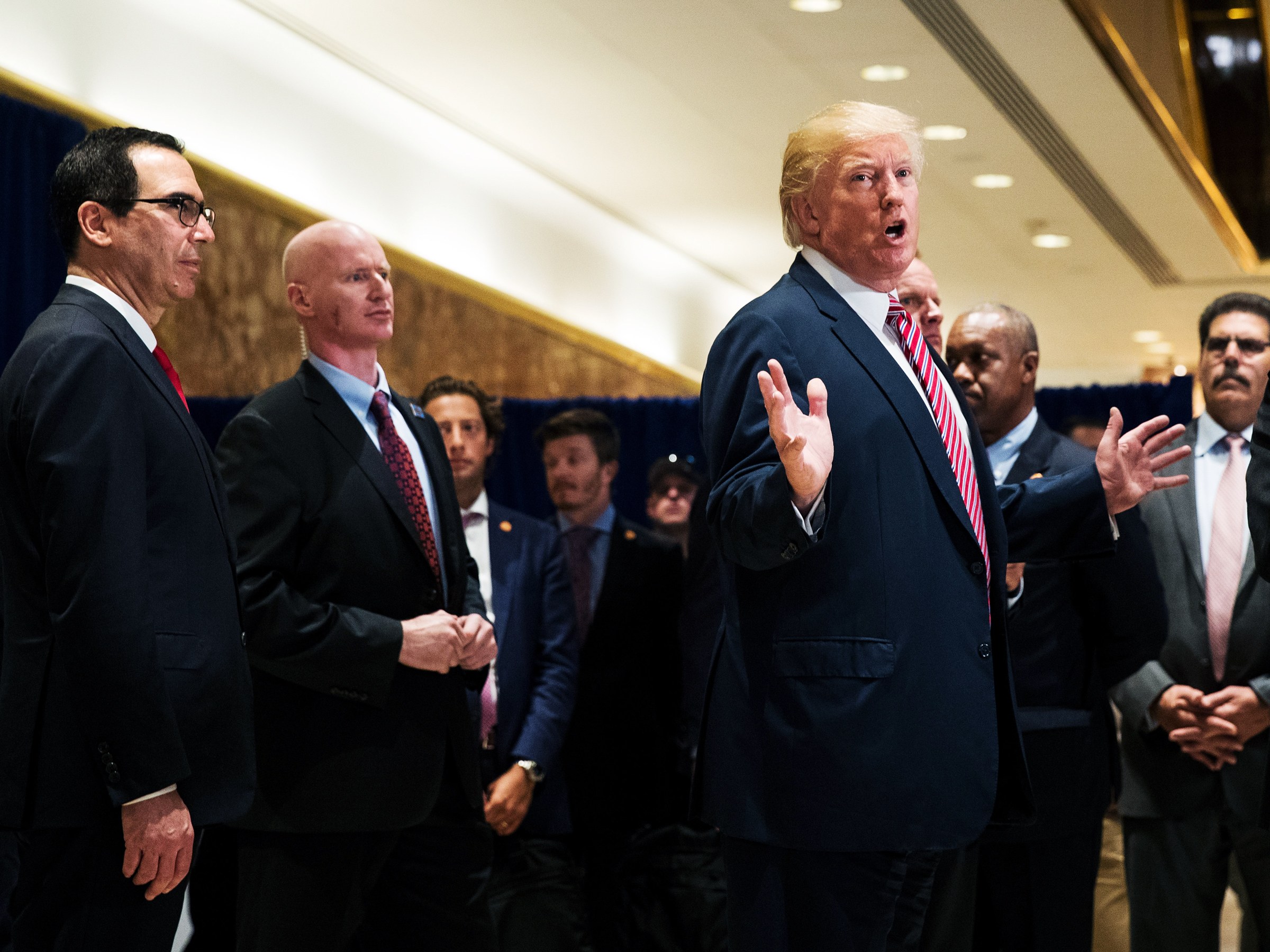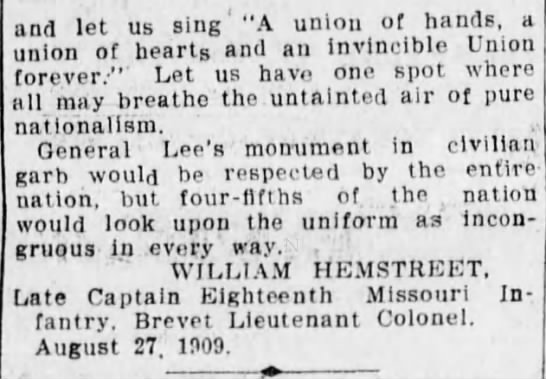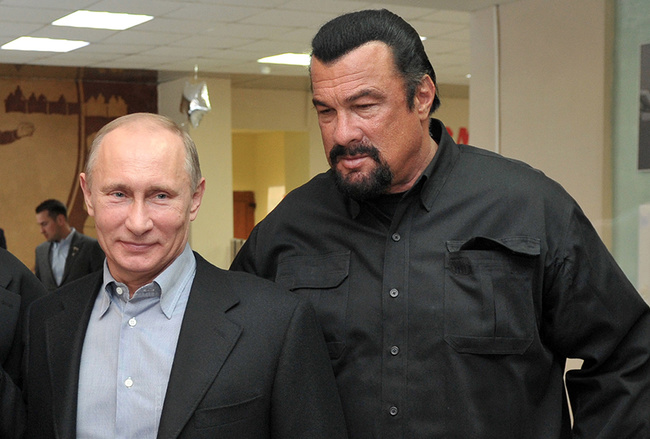Yuval Noah Harari so calmly and clinically describes a fascistic, post-human future driven by algorithms and biotech that his prognostications seem fait accompli. His ideas should be read instead as cautionary tales. As Swift used the undersized and super-sized proportions of Lilliputians and Brobdingnags, respectively, to provoke, lecture and caution, Harari’s monstrous machines and microscopic laboratory manipulations should encourage debate about how even far less of a technological society than he envisions can still impact us with potentially negative consequences, intended or unintended.
In a Los Angeles Review of Books piece by Philip Kitcher, the writer reviews Harari’s most recent title, Homo Deus, along with Jennifer Doudna and Samuel Sternberg’s A Crack in Creation, two volumes dedicated to the next big thing: that moment when we co-opt evolution and become something like gods. Kitcher asserts rightly, I believe, that those who fear germline modifications of genes (changes made in the womb that would eradicate diseases from future generations) are worrying most likely needlessly, at least if we’re talking about truly awful outcomes and not just less-favorable ones (ALS as opposed to being somewhat less than average height).
His lack of concern about enhancement in general, however, seems, myopic to me. He can say in a vacuum that “genetic enhancement should not cater” to those who aim to turn out superior offspring, but in the competition among states and corporations, those neat lines of distinction will be blurred. It we got even foggier once the tools of the cell biologist’s trade are in the hands of the many—when they are fast, cheap and (perhaps) out of control.
An excerpt:
What of enhancement? Here, the case against using tools of gene editing appears even stronger. Nevertheless, as Doudna and Steinberg partly appreciate, revulsion stems from fixating on a specific type of example. When ambitious parents hope their children will exhibit particular characteristics — being tall or intelligent, for example — the desire is often comparative: they want the kids to be taller or smarter than their peers. Genetic enhancement should not cater to that sort of wish. A society in which privileged people buy further biological advantages for themselves and their dependents is an ethically hideous prospect, as exemplified by the alphas, betas, gammas, and deltas of Aldous Huxley’s Brave New World.
When competition plays no role, however, genetic enhancement can be harmless, even benign. The losses affecting us as we age are familiar facts of human life. Hearing becomes less sensitive, and memory declines. Although the causal details underlying these processes are not yet fully known, it is easy to imagine that they might be discovered — and that the discovery could allow somatic interventions to preserve our youthful capacities as we age. People benefiting from those interventions would be genetically enhanced, equipped with abilities no normal human being has ever had. If the interventions were available to all, parts of the standard health protections delivered by all (enlightened) societies, it is hard to see what objections could be leveled against them. …
Yuval Noah Harari is also interested in the threats attending the human future, and impressed with the possibilities of applying biological knowledge to modify human genomes. But in Homo Deus, he paints on a far larger canvas. Scientific advances have provided our species with godlike opportunities. Computer technology and molecular biology together will transform human lives and what it means to be human. Most members of our species will become redundant. All of us will have to face the fact that we are not, and have never been, autonomous agents. The flaws in humanism will be exposed. A new religion in which the flow of data becomes central — becomes the reigning deity — will triumph.
Or will it?•

